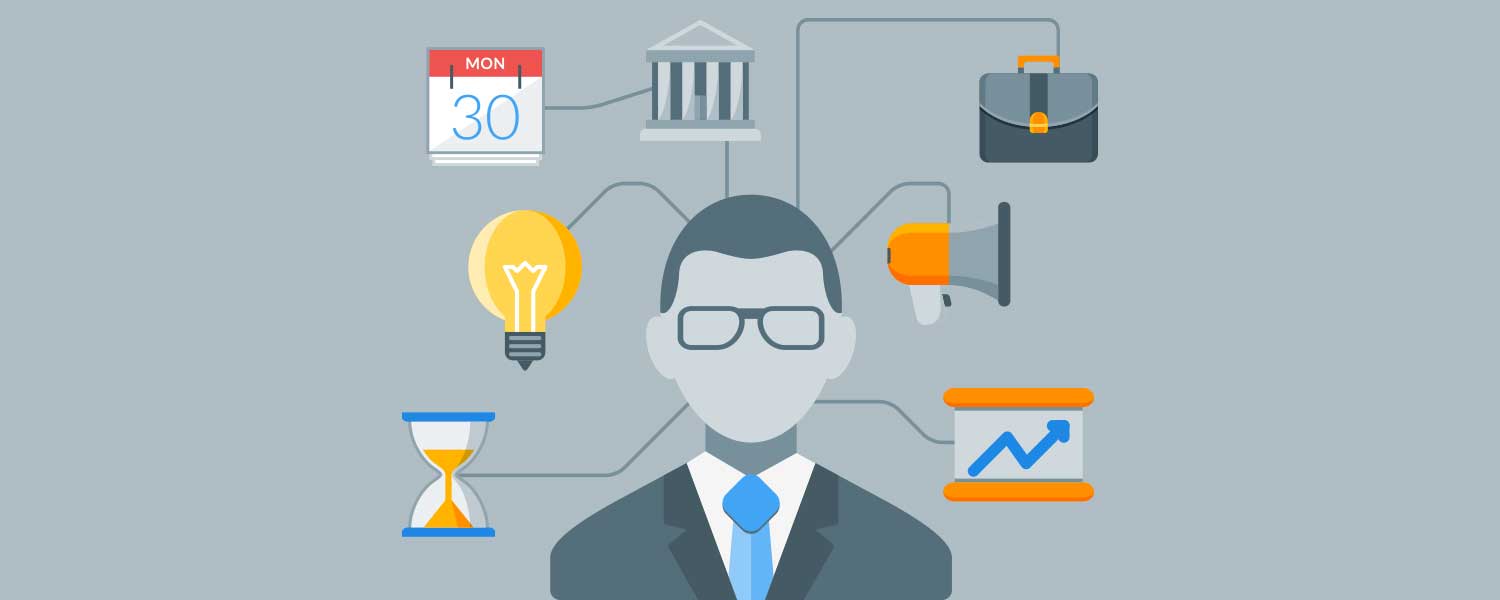
Career planning is the process that matches individual talents with career opportunities. It requires self-reflection and encourages you be in control of your career. When done properly, it can help you move forward in your career. You can avoid negative attitudes from your superiors by making career planning. We'll be discussing the importance and steps to take to plan your career in the workplace.
Career planning is about identifying individual potential and opportunities for growth.
Career planning is the process that matches an individual's capabilities and opportunities for growth in a company. This process is vital for successful man-management and organisational development. When people apply for a job, they often ask about their future prospects and what type of positions they can expect to have. If the answer isn't satisfactory, the applicant may feel discouraged and leave the company in search of other opportunities.
Career planning is a complicated process that involves both the individual and their manager. While many companies practice organization-driven career planning, there is controversy surrounding the question of who is responsible for career planning. Organization-driven careers planning was popularized during the 1950s-60s. But, its inherent inefficiency and inability to achieve success is evident.

It requires reflection
It is essential to set aside time and space for strategic thinking. It is difficult to find time to reflect on professional life when we are busy. However, regular reflection will help you find unexpected ways to get things done. You can find a mastermind group, or a partner to exercise with, that will help you to reflect on your goals and keep you accountable.
It discourages inferiors from taking a negative approach
Career planning is about identifying and guiding a person towards their professional goals. This helps employees recognize their strengths and weaknesses and encourages them respect their superiors and colleagues. It helps them improve their interpersonal skills, and encourages conflict-resolution skills. A career plan can help you discourage negative attitudes and behavior from your superiors.
Employees who expect too much praise or attention can lead to a negative attitude. This can cause a disruption in the working environment. Negative attitudes can also include rudeness and disrespectfulness towards other employees. Employees may have different lifestyles or opinions. You can show respect by not being rude or insolent.
It allows you to advance in your job
It is essential that you have a plan for your career advancement. An average person will change jobs five to seven times in their life. You should review your plans regularly to ensure that they still apply to your current circumstances. A clear plan will give direction and allow you to make better decisions.

Your career planning will help you identify the areas you are most skilled in. This can lead to certifications, additional courses, or even graduate school. These will help you achieve your career objectives faster. Graduate school can help you bridge multiple skills gaps, establish professional connections, and change your career direction.